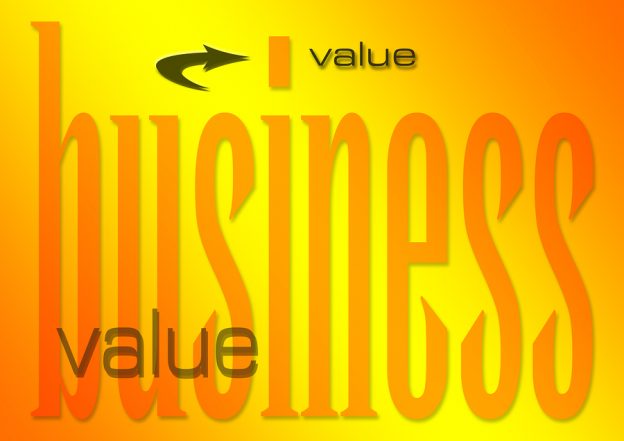Mergers and Acquisitions (M&As) are on the rise as the economy recovers from the 2008 financial crisis.
A strategic, well-executed M&A can be a ticket to success. It’s one of the best ways to grow quickly, and in a perfect world, can increase revenue overnight. A good M&A enables you to potentially expand into a fresh geographic market and/or access new customer segments due to offering new products/services.
However, any M&A is a massive investment: in knowledge, time, money and bandwidth. It’s crucial to entertain the prospect of a M&A with both feet on the ground and eyes wide open. Success is not guaranteed: studies vary, but the failure rate of M&As ranges from 50%-70%-90%.
How can you increase the odds that the M&A you pursue will be one of the winners?
It will take a ton of due diligence in preparation for the deal, and lots of work and thoughtful strategy after the deal is signed.
Here are a few suggestions to start with.
According to a study by Deloitte in 2014, customer retention and expansion is the most important component of a successful integration. You can’t assume all customers are loyal: if they’re just sticking around due to inertia, the changes that result from a M&A may be enough to send them to a competitor. It’s also crucial to know your competition. Employ tools such as Net Promoter Score (NPS) to assess customer satisfaction of the target company, and of their competition, to help gauge how much customer retention you can expect. You also need to assess the competition to ascertain whether the market will bear any price increases.
Evaluate the economic environment in the industry and consider potential disruptions: innovations, up-and-coming competition, regulator pressures, changes to the purchase journey, and local, national and international economic circumstances. It pays to have some strategies in place for worst-case scenarios.
Inadequate involvement from the owners is a frequent cause of poor M&A performance. A mid- to large-sized deal virtually requires professional (and costly) M&A advisors, which tempts some owners to take a hands-off approach. This is a big mistake: the owner should stay in the driver’s seat, while utilizing advisors as assistants, not leaders.
After the deal is done, the integration begins, and it’s crucial. Before completing the deal, carefully appraise and identify crucial products and projects; key employees; sensitive processes; potential bottlenecks. Then explore how to overcome potential integration wrinkles via outsourcing, consulting, automation or other strategies. Cultural integration is also vital.
Consider your capacity and bandwidth, as an executive and as a company. Realize you need to allocate significant resources including money, time, effort and expertise to have a successful M&A, and that unknown issues are bound to arise which will put further pressure on your resources. Costs may soar. Will you be able to devote the necessary resources?
Lastly, with such a high failure rate in the M&A arena, have an exit strategy. Enter the deal with a sense of what success looks like, how much time you’re willing to give the process, and a calculated notion of when you’ll need to cut your losses.
Thinking about selling your business or merging with another company?
Give us a call, we’d be glad to help educate you on the process to help you get the highest value for your business! Learn more about OIB!






